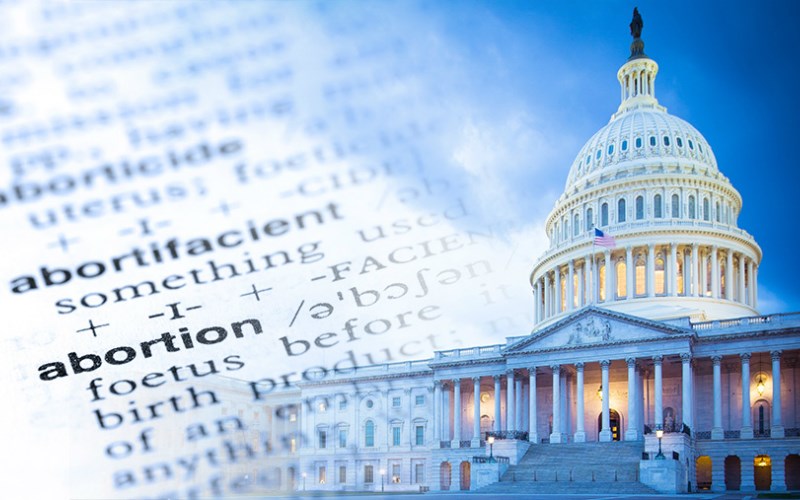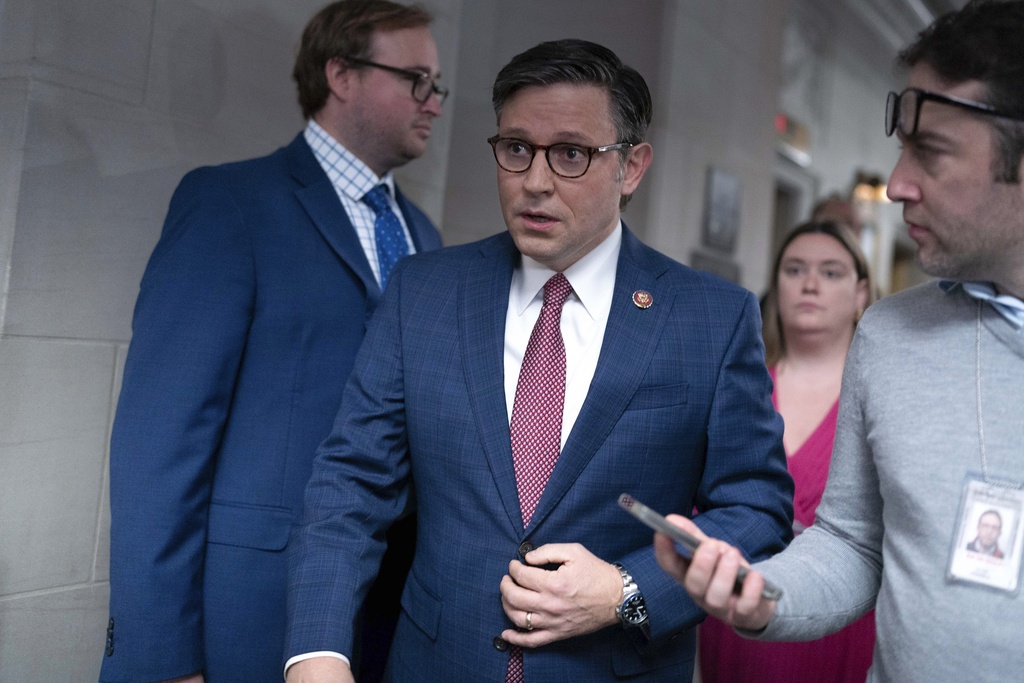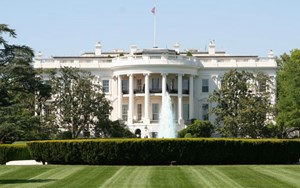The House and Senate have come to agreement and passed the NDAA every year for six decades. But this time around, Democrats in both chambers have voiced strong opposition to policy riders in the House bill as House Republicans seek to rein in the Biden administration's pro-abortion push in the military.
After the U.S. Supreme Court's June 2022 ruling in Dobbs v. Jackson Women's Health Organization gave states the power to enact their own abortion laws, many states immediately set out making it much more restrictive – including states that house large military bases. The new Department of Defense policy allows service members to receive up to three weeks of paid leave to travel to less-restrictive, abortion-friendly states for abortion services. Travel costs are also paid. The benefit applies not only to service members seeking an abortion but to spouses and dependents.
Sen. Tommy Tuberville (R-Alabama) has spent the last nine months placing "holds" on military promotions, a move he has said he will end when the new DOD abortion policy ends. Tuberville's action doesn't prevent military promotions but requires that each promotion be presented on the floor individually and prevents mass "thumbs up" approvals at one time.
Tuberville hopes Senate Republicans will lock arms with House Republicans, whose version of NDAA ends the policy. But evidently, the pro-abortion policy is so important to Democrats they say they're willing to jeopardize military funding.
Rep. Adam Smith (D-Washington), the ranking member of the House Armed Services Committee, said last week: "[Tuberville] lost, and he's trying to tear down this country because he disagrees with policy. If Republicans insist upon that, we will not have an NDAA."
Smith wasn't alone.
"There's not an extreme MAGA Republican policy rider that I think we would find acceptable. Are we going to agree to further criminalize abortion care? Are we going to agree to a nationwide abortion ban? There is not a single extreme MAGA Republican policy rider that we can agree to, in my humble opinion. Not a single one," House Minority Leader Hakeem Jeffries (D-New York) said last week.
While Jeffries throws out buzzwords like "MAGA" to try and paint Republicans as extremists, the extremist shoe is really on the other foot, Rep. Matt Rosendale (R-Montana) said on Washington Watch Friday.

"It's just crazy to what extent Democrats will go to not just make sure abortions are performed – this is a step further. Everybody needs to understand that this is making sure that abortions are performed with taxpayers' dollars," Rosendale told show host Jody Hice. "To hold up the NDAA in an attempt to force taxpayer dollars to be used for these efforts … that is really, really wrong."
Not just Democrats balking at abortion language in bills
Armed Services Committees in both the House and Senate are meeting to try and reconcile two very different NDAA bills. It's not only Democrats who are holding up spending bills over abortion language.
A financial services and general government bill was pulled off the table last week because some Republicans wouldn't get behind it. Now, several House Republicans – particularly those up for reelection – have begun to express concern over how votes against abortion access will play in their home districts.
NBC News cited three Republican sources last week in reporting that party strategists are urging candidates to make it clear to voters that they do not support a national ban on all abortions. In fact, the National Republican Senatorial Committee is working to guide candidates to a more moderate approach on the subject.
The NRSC "is encouraging Republicans to clearly state their opposition to a national abortion ban and their support for reasonable limits on late-term abortions when babies can feel pain with exceptions for rape, incest and life of the mother," said a source familiar with NRSC strategy. "They are encouraging candidates to contrast that position with Democrats' support for taxpayer-funded abortion without limits," NBC reported.
"Some Republicans – a handful, really – objected this week, stalling the bill on pro-life concerns that really are not new. The idea that this would trip up a bill is ridiculous," Quena Gonzalez, the Family Research Council's senior director of government affairs, told Hice.

Since Republicans assumed control of the House, there have been several priorities, most notably deficit reduction, the southern border and abortion, Gonzalez noted.
"They have been working – sometimes quietly behind the scenes, and now it's breaking out into the open – to pass some of the most pro-life, pro-family appropriations bills that we have seen in our lifetime," Gonzalez said. "Many of these, just like Sen. Tuberville's protest in the Senate, are really fixes to the Biden administration's radical pro-abortion, anti-family agenda."
Policy rider in question deals with local DC law
The policy rider in question states the government will not fund a local law passed by the Washington, DC, city council in 2014 called the Reproductive Health Non-discrimination Act which requires all employers – even Christian employers and pro-life non-profit organizations – to pay for elective abortions for their employees, Gonzalez explained.
Gonzalez said when Republicans have led the House, "They've attached a provision to it regularly saying that this law, although in effect, cannot be funded. No money could be spent enforcing the law, effectively vetoing the law. This has not been controversial."
The House version of NDAA also removes taxpayer funding for transgender surgeries for military personnel, and for electric vehicles.
"We've got good appropriations bills, and we should be able to tie in both the NDAA and some additional very important policy riders like our domestic energy production [and] securing our southern border," Rosendale said.
"We know these policies will work and will also help us improve our recruitment numbers, which have been terrible over the last couple of years, under the Biden administration, because the military has been so focused on these distractions."







